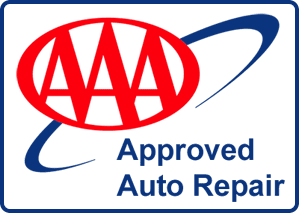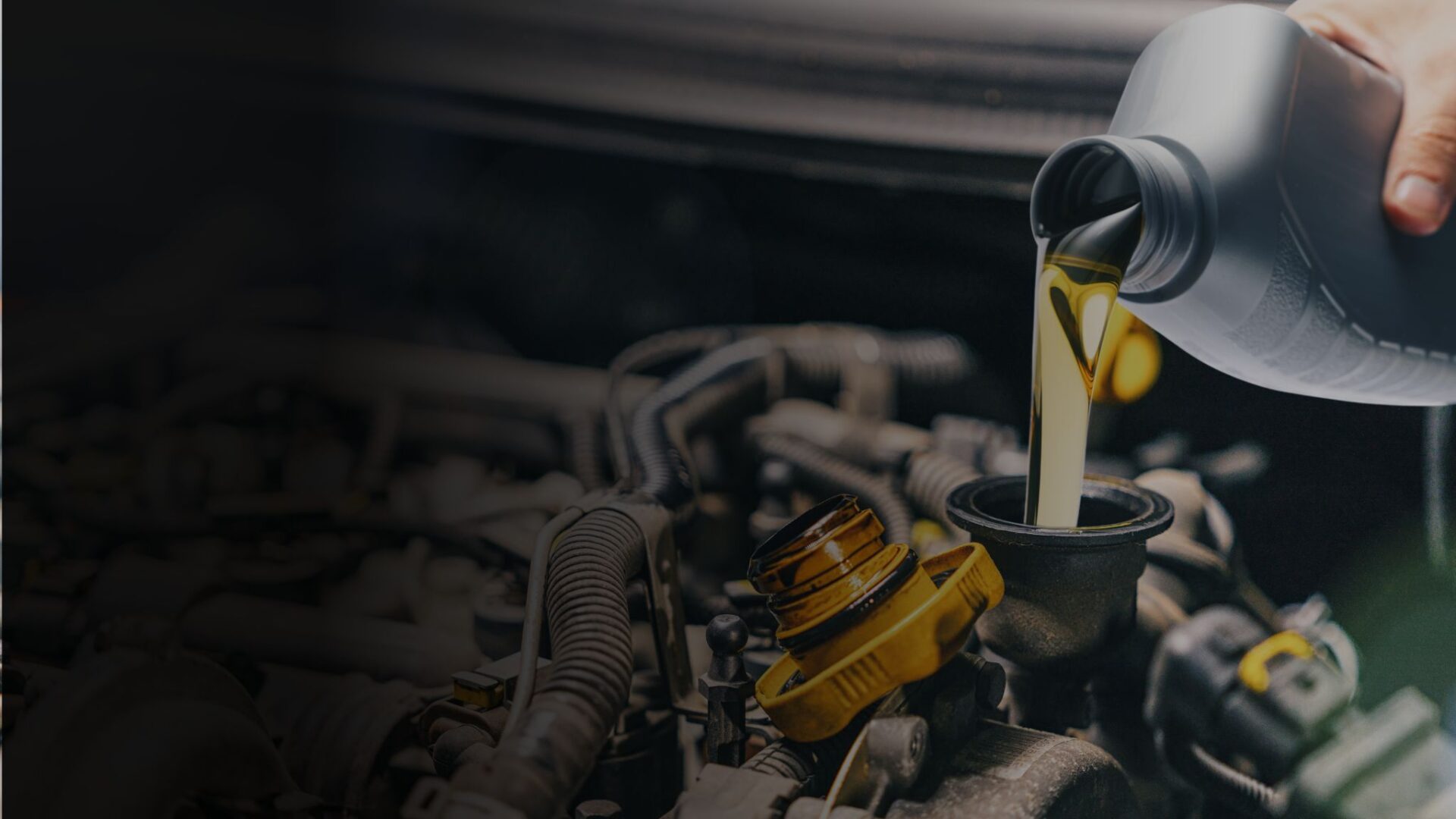Synthetic and Conventional Oil
Synthetic and conventional oil are two well-known lubricants for car engines. For general knowledge, these two types of oil serve different purposes. Synthetic oil is engineered in a laboratory, can withstand breakdown, and offers longer intervals between oil changes. Conventional oil, on the other hand, is refined from crude oil extracted from the ground and is known for its widespread availability, making it a popular option for many car owners.
With so many options for your automobile on the market, it may be difficult to choose which is preferable. Oil selections for your car are more than simply capacity and performance; they are also about compatibility.
At Windermere, we do not directly diagnose your automobile as to what oil should be used for a change; instead, we consult the owner’s handbook, which details the specific oil type advised by the manufacturer.
In this post, we have gathered a list of benefits and downsides for car oil changes using synthetic and conventional oils. More information may be found below!
Synthetic Oil
1. For high-performance or newer car
If you own a high-performance or cutting-edge vehicle, it is recommended that you use synthetic oil for oil changes. Why? Modern engines, particularly high-performance engines, operate at higher temperatures due to variables such as turbochargers. Synthetic oil retains viscosity, which allows for smoother operation and improved wear and tear prevention at both ends of the temperature spectrum.
2. For Stop-and-Go Drives in extreme temperatures
As previously stated, synthetic oils are manufactured and engineered in a laboratory; their molecules have been developed to be uniform in size, ensuring that their ability to lubricate is constant and dependable at both cold and hot engine temperatures, allowing them to flow more easily throughout an engine and improve its level of protection. It means that it surpasses conventional oil in terms of heat and stress resistance.
3. For oil change extension intervals
Synthetic oils are a hybrid of ordinary and synthetic oils; they are designed to withstand disintegration better than traditional oils. As a result, this oil is vital for modern engines with tighter tolerances and lengthier oil changes since it maintains efficient lubrication for extended periods, preventing the engine from friction and sludge accumulation.
READ MORE WINDERMERE AUTO CARE BLOGS: 5 Factors To Consider When Choosing an Auto Repair Shop
Conventional Oil
1. For old or average-performance car
Conventional oils are intended for older engines whose tolerances are incomparable to those of newer engines. Average-performance automobiles do not function at the same intense heat temperatures as high-performance or new engines, and standard oil’s viscosity is suitable for older vehicles and can withstand everyday driving circumstances.
2. For infrequent and short-distance driving
Conventional oil is suitable for infrequent and short-distance trips because such journeys often fail to sufficiently heat the engine, preventing the complete burning of moisture and gasoline vapors that could contaminate the oil. Moreover, vehicles driven infrequently don’t reach the mileage threshold where synthetic oil’s extended change intervals offer benefits.
3. For a low or tight budget
Synthetic oil typically costs more than conventional oil. Though you may need to change it less regularly, keep in mind that the initial cost per quart might be much greater. However, there are several factors to consider; if you are not a heavy or long-distance driver, you may be better off using conventional oil. On the other hand, if you choose synthetic due to its longer-lasting performance and possible benefits for high-performance engines, the investment may pay off in the long run.
Synthetic or Conventional Oil?
Choosing between synthetic and conventional oil is more than just a matter of choice; each type serves a unique function. Synthetic oil, which is valued for its performance benefits, is frequently favored for high-performance engines or in harsh operating circumstances. Conversely, conventional oil, with its lower initial cost, remains a viable option for individuals on a tight budget. Consider your vehicle’s requirements and driving patterns to make the optimum selection for engine performance and lifetime.
 Why Choose Windermere Sustainable Car Care®?
Why Choose Windermere Sustainable Car Care®?
Tired of automobile troubles disrupting your day? At Windermere Auto Care, we understand. That’s why we’re your one-stop shop for getting your car back on the road quickly. We’re not your typical repair shop; we’re dedicated to keeping Naples drivers safe and fulfilled by providing honest, swift, and professional services.
Our Services
Our dealership-trained specialists are equipped with the tools required to quickly diagnose and treat any issues, covering everything from engine faults to worn tires. Beyond that, we do periodic maintenance to keep your car running smoothly and may expertly replace broken convertible tops. We ensure exceptional service, whether it is a simple oil change or a major repair, by using cutting-edge technology and authentic OEM components wherever possible.
Contact us!
At Windermere Sustainable Car Care®, we can guarantee you will get your car back on the road as fast and safely as we can. We are located at 4378 Domestic Ave, Naples, FL 34104, our hours of operation are Monday to Friday from 7:30 am to 5:30 pm.
For further details regarding our comprehensive auto repair and maintenance services, please don’t hesitate to reach out using the contact information provided below.
Appointments are not required at Windermere Express Oil Change but if you need comprehensive auto repair and maintenance, you can request an appointment for diagnostics, tire changes, or engine repair with our full-service technicians here.





